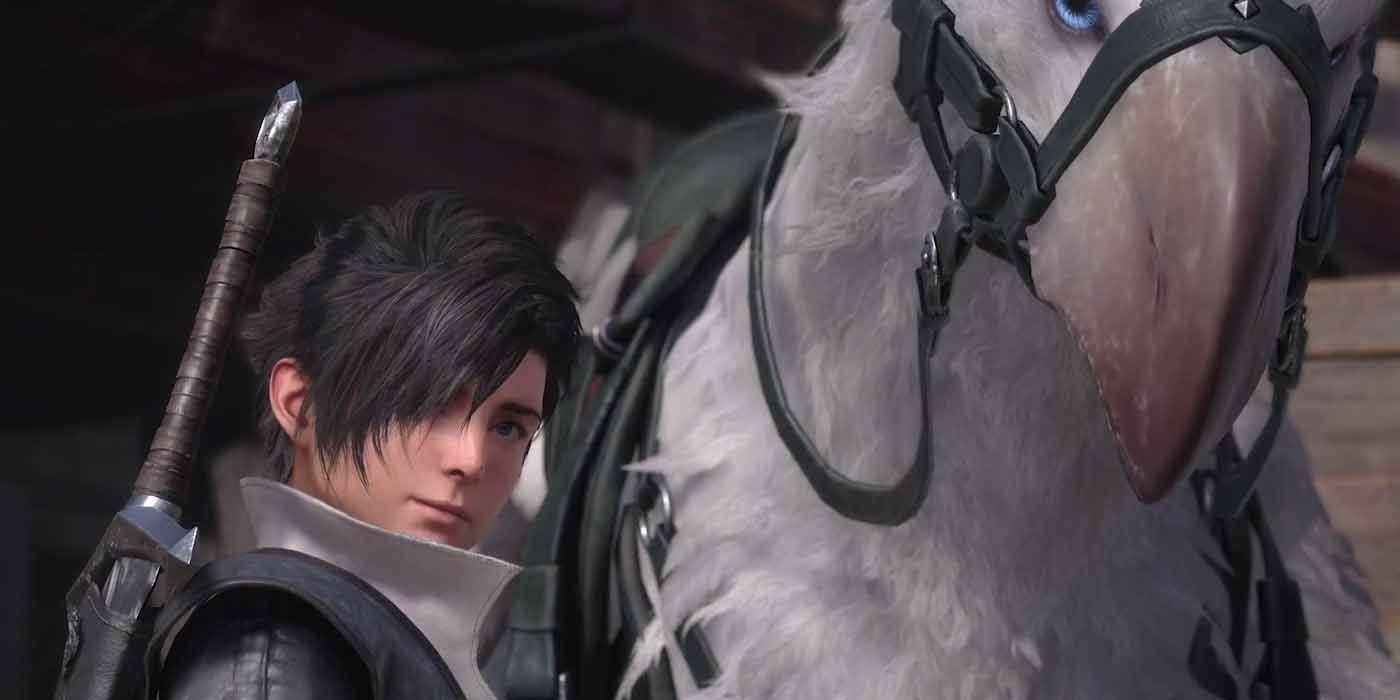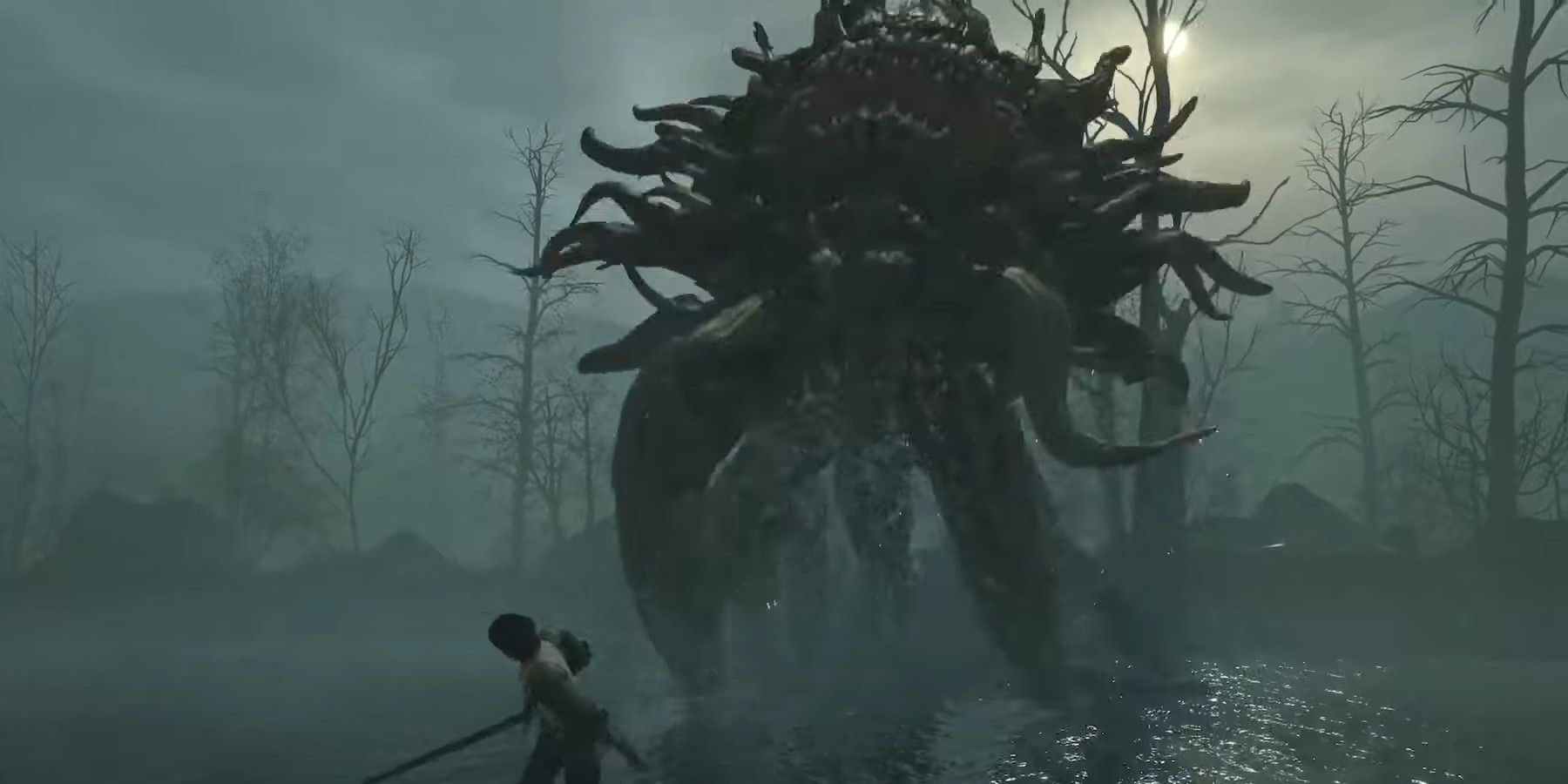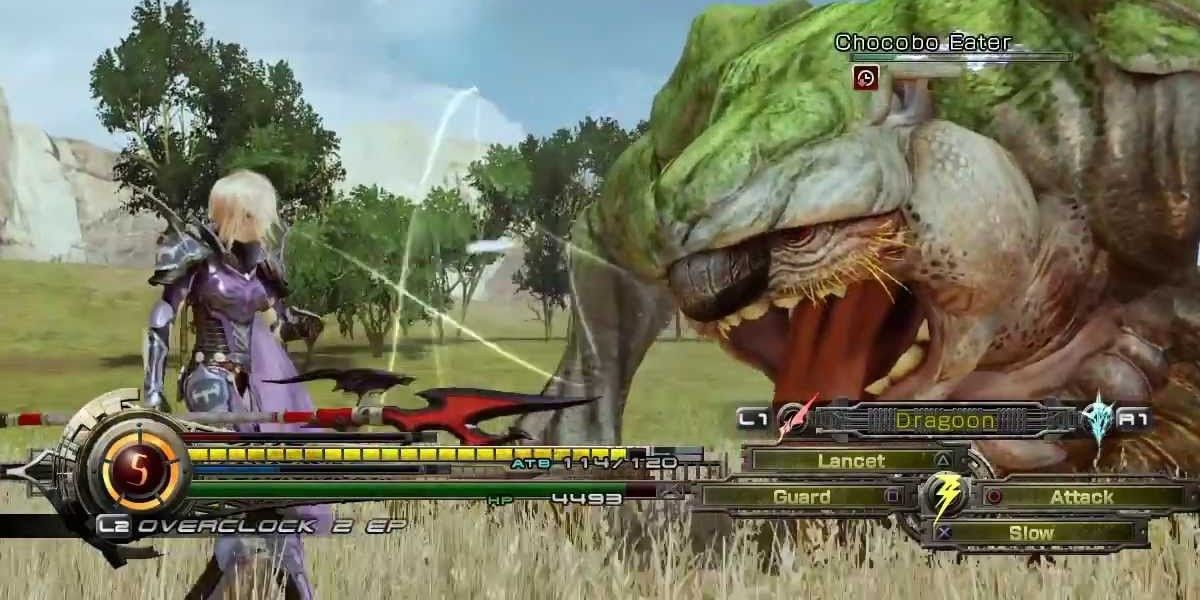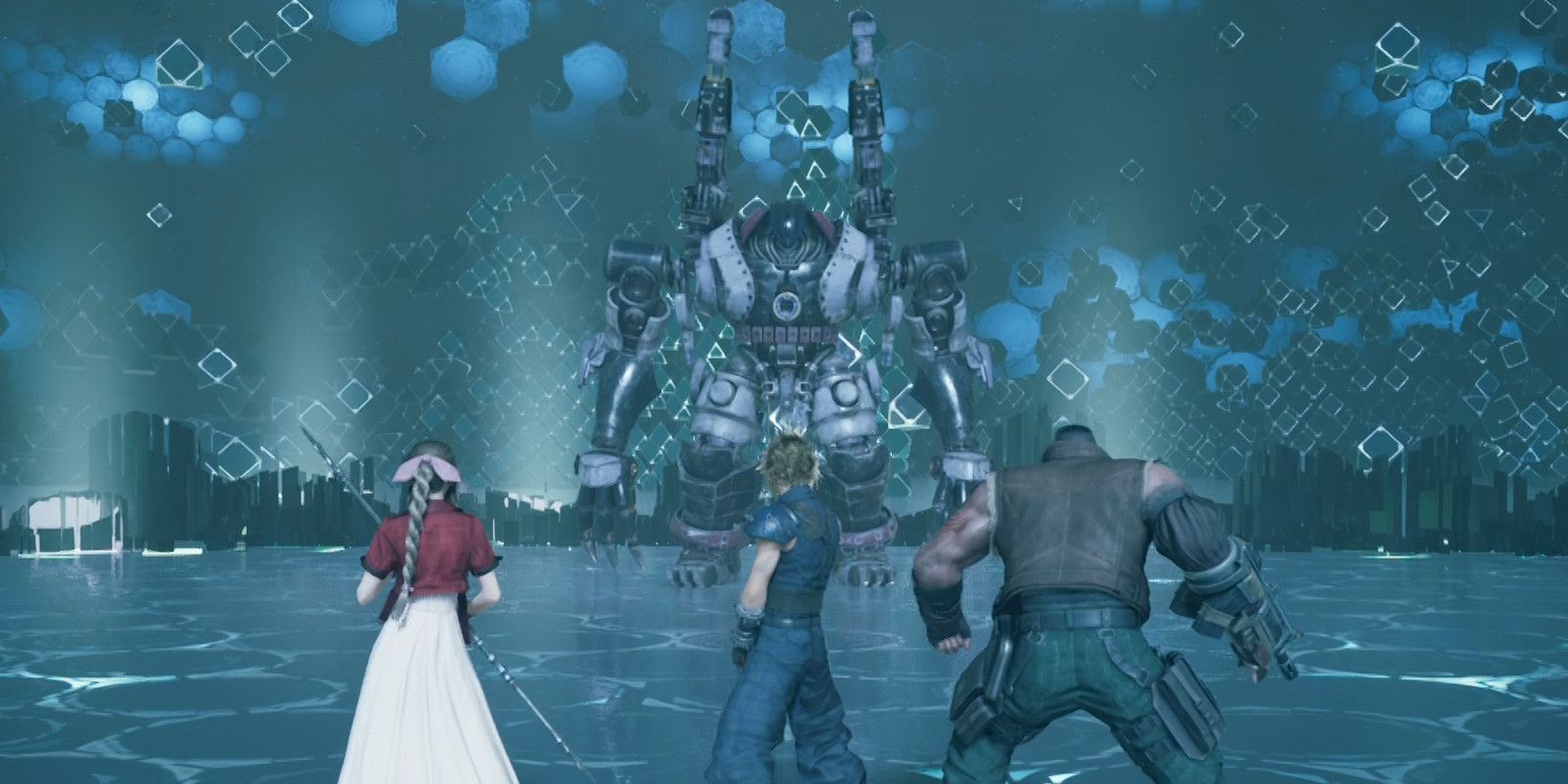Recently Square Enix announced Final Fantasy XVI at Sony's Playstation press conference, revealing the game to be exclusive to the Playstation 5. While no major plot details or character names have been revealed, the game appears to revolve around warring kingdoms fighting over magic crystals that allow them to survive a blight that has spread across the land.
The latest installment in the long-running JRPG series appears at first glance to be a return-to-form. In fact, the premiere trailer showcases a far more traditional, medieval fantasy aesthetic than the modernistic sci-fi that has permeated a majority of games since Final Fantasy VII. However, closer inspection appears to reveal a massive change to the series' gameplay.
Much like Final Fantasy VII Remake and Final Fantasy XV before it, FFXVI uses a real-time hack-and-slash combat system that combines melee combat with magical techniques. This is yet another step toward eschewing the traditional turn-based combat and active time battle systems that defined older entries. However, both VII Remake and XV had party members that acted via AI commands and could be individually controlled upon player choice. Close observation on XVI's battles shows that the as-of-yet unnamed protagonist does not have allies or a party to call upon.
This is technically nothing new; several entries, such as IV, VI and the original version of VII, had multiple sequences where the player only controlled one party member. There are also multiple sequels and spin-offs to mainline entries where the player controls only one character in a battle system that doesn't follow the traditional turn-based combat, such as Crisis Core: Final Fantasy VII or Lightning Returns: Final Fantasy XIII.
However, if it's true that XVI will not feature party members, then it will be the first time it has happened in a mainline numbered entry in the Final Fantasy series, marking yet another major change to the series staple. On top of a far more combo-heavy combat system akin to Devil May Cry, this could be either a drastic change that takes away from the Final Fantasy identity or a way to perfect and improve upon systems that already existed, though unpolished.
The party systems in XV and VII Remake were criticized for the lack of reliable artificial intelligence in the player's allies. Often, uncontrolled party members would utilize some of their weakest attacks automatically, barely holding on until the player controls them manually or orders them to do something, which can lend to semi-frequent disjointed battles.
Because of a lack of friendly fire and allies often getting out of the way of danger, the mediocrity of party AI is rarely a huge issue in these games. But the fact remains that allies rely so much on player input to the point they are almost completely useless as NPCs. The eschewing of friendly AI altogether in XVI may be a means to counteract that problem, focusing much more on making sure the base combat has a solid foundation and seamlessly integrating with the game's world.
Still, the bonding between party members and the individual backstories of complex individuals is a series staple that most would prefer never to go away. Should Final Fantasy XVI only contain one playable character at a time, then the story should rely heavily on the protagonist's interactions with others.




